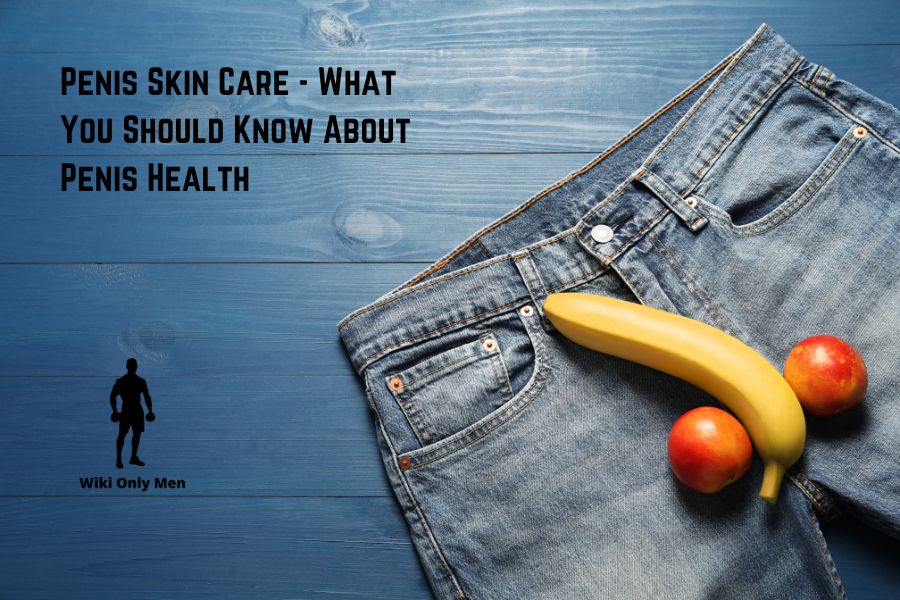The penis is a delicate and sensitive area that requires proper care and attention. Penis skin care is an essential aspect of overall health and hygiene. Neglecting to maintain good hygiene can result in skin conditions such as infections, irritations, and rashes.
In this article, we’ll explore the importance of penis skin care, common skin conditions, and tips for maintaining good hygiene and health.
What Is A Healthy Penis?
A healthy penis is essential for a man’s physical and sexual well-being. A healthy penis is capable of several functions, including:
- Urination: A healthy penis should be able to urinate comfortably without pain or discomfort.
- Erection: A healthy penis should be able to get or maintain an erection, which is necessary for sexual intercourse.
- Fertility: A healthy penis is also essential for maintaining fertility. A healthy penis can produce and release sperm, which is necessary for conception.
By maintaining penis health, men can ensure that they can perform these critical functions and enjoy a fulfilling and satisfying sex life.
Daily Habits For Penis Skin Care
Daily habits can play a crucial role in maintaining penis health. Maintaining good hygiene is vital for preventing skin conditions and maintaining penis health. Here are some essential practices to adopt:
- Regular washing with warm water and mild soap can help keep the penis clean and free of sweat and bacteria. Daily wash your penis with warm water and gentle soap. Avoid using harsh soaps or chemicals that can strip the skin of its natural oils.
- Drying the penis thoroughly after showering or bathing. This helps to prevent moisture buildup, which can lead to skin irritation and infections.
- Wearing clean, breathable underwear. Synthetic materials can trap heat and moisture, which can cause skin irritation. Choose cotton or other breathable materials instead.
- Getting enough sleep is vital for overall health and can reduce stress levels.
- Practicing safe sex and using protection can prevent sexually transmitted infections (STIs) and other conditions that can impact penis health.
Maintaining Proper Hydration For Penis Skin Care
Keeping the skin hydrated is essential for maintaining its elasticity and preventing dryness and cracking. Here are some tips for maintaining proper hydration:
- Drink enough water to stay hydrated. Aim for at least 8 glasses of water per day.
- Use a moisturizer to prevent dry skin. Look for products specifically designed for the delicate skin of the penis.
- Avoid hot showers or baths that strip the skin of its natural oils. Lukewarm water is gentler on the skin.
Lifestyle Changes For A Healthy Penis
Several lifestyle changes can affect penis health, including:
- Quit smoking. Smoking can cause damage to the blood vessels, leading to ED and other health problems.
- Exercise regularly. Exercise can improve circulation and overall health, including penis health.
- Limit alcohol consumption. Excessive alcohol consumption can lead to ED and other health problems.
- Maintain a healthy diet. A balanced diet rich in fruits, vegetables, and whole grains can help support overall health, including penis health.
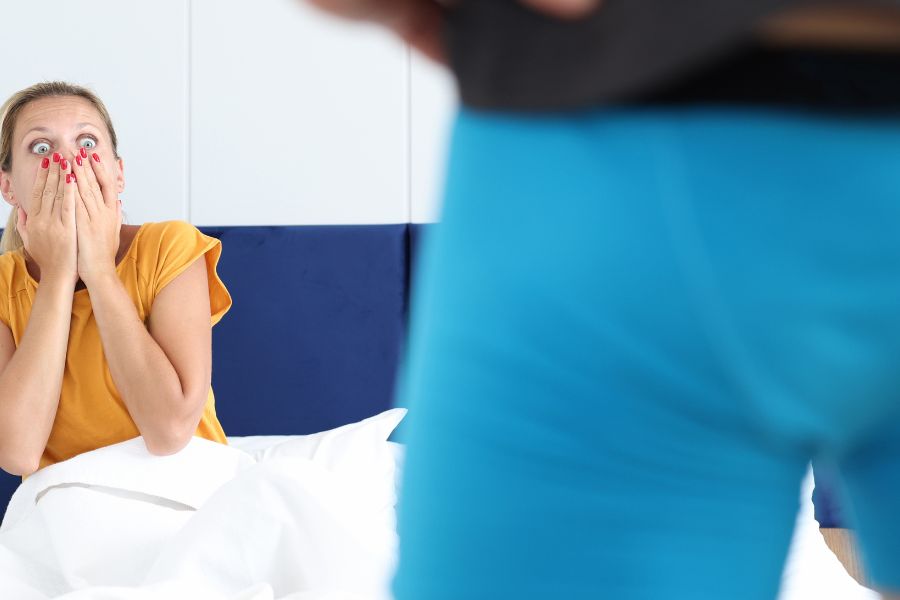
Balanced Diet
A balanced diet plays a crucial role in maintaining penis health. Consuming a diet rich in vitamins, minerals, and nutrients such as vitamins C and D, calcium, and zinc can help improve penis function and increase blood flow. Additionally, avoiding foods high in saturated fats and sugars can reduce the risk of erectile dysfunction and improve overall sexual health.
Maintaining a healthy weight through proper nutrition helps prevent Peyronie’s disease, a condition that causes the penis to bend or deform during an erection. A balanced diet, in conjunction with regular exercise and stress management, can help ensure optimal penis health.
Pelvic Floor Exercises
Pelvic floor exercises, also known as Kegels, are essential for maintaining penis health. These exercises help to strengthen the muscles that support the penis and control ejaculation.
Strengthening these muscles can improve sexual function, increase sensation, and prevent premature ejaculation. In addition, Kegels can also help alleviate erectile dysfunction by increasing blood flow to the penis. Regular pelvic floor exercises can be done discreetly and can be a simple and effective way to improve penis health.
It is important to consult a doctor or physical therapist to ensure proper technique and avoid injury. Incorporating pelvic floor exercises into a routine, along with a balanced diet and regular physical activity, can help maintain overall sexual health.
Pelvic exercises helped 40% of participants in a short 2005 trial on 55 ED patients regain normal erectile function.
Stress Management
Stress management is a critical component of penis health. Chronic stress can lead to a range of physical and psychological health issues, including decreased libido and erectile dysfunction. Stress also contributes to releasing hormones that can cause muscle tension and reduce blood flow to the penis, affecting sexual performance.
Effective stress management techniques, such as exercise, mindfulness meditation, and time management, can help reduce stress levels and improve overall sexual health. Additionally, seeking support from a therapist or counselor can be beneficial in addressing underlying emotional or psychological issues affecting sexual function.
Incorporating stress management into a daily routine, along with a balanced diet and pelvic floor exercises, can help maintain optimal penis health.
Avoid Tobacco
Tobacco use is harmful to the skin of the penis, as well as to overall health. Nicotine in tobacco products can constrict blood vessels, reducing blood flow to the penis and causing erectile dysfunction.
Additionally, smoking tobacco can weaken the skin and increase the risk of skin conditions such as penile cancer, balanitis, and penile ulcers. The harmful chemicals in tobacco products can also cause premature aging, leading to wrinkles and a loss of elasticity in the skin of the penis.
Furthermore, smoking can cause a decrease in sensitivity, reducing pleasure during sexual activity. To maintain penis health, it is recommended to avoid using tobacco products and to quit smoking if necessary.
Alcohol In Moderation, Or Avoid
Alcohol consumption can harm penis health. While drinking in moderation may have little to no effect, excessive alcohol consumption can lead to erectile dysfunction and decreased libido. Alcohol affects the production of testosterone and other hormones that are crucial for sexual function.
It also causes dehydration, which can reduce blood flow to the penis and cause difficulties in achieving and maintaining an erection. Additionally, chronic heavy drinking can weaken the heart and blood vessels, leading to circulation problems that can affect sexual performance. To maintain optimal penis health, it is recommended to drink in moderation or to avoid alcohol altogether if necessary.
Wash Your Penis Properly
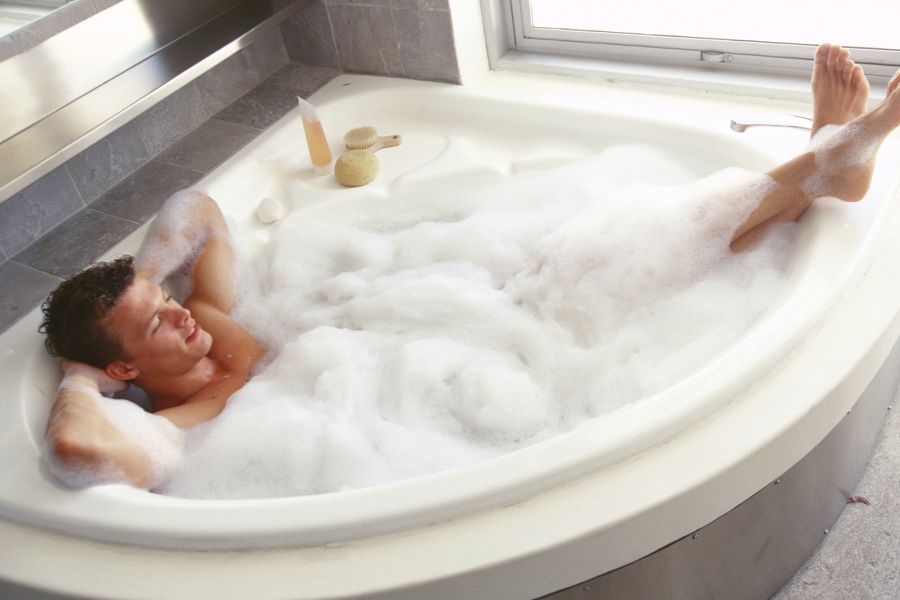
Good hygiene is essential for maintaining penis health, and one of the most important steps is proper washing. Here is a step-by-step instruction to wash your penis:
- Pubic mound and surrounding areas: Clean the pubic mound, the skin around the base of the penis, and the skin between your thighs and pubic mound, to remove any sweat buildup.
- Penis shaft: Clean the shaft of the penis.
- Foreskin: If you have a foreskin, gently pull it back and wash it to prevent smegma buildup and conditions like balanitis.
- Scrotum: Clean the scrotum and the skin surrounding it.
- Perineum: Clean the perineum, the skin between the scrotum and anus.
- Anal area: Clean near the anus and between the butt cheeks.
Additionally, we are giving you some tips to help you keep your penis clean and healthy by proper washing:
- Use warm water: Use warm water to clean your penis, as hot water can irritate the skin. Ensure the water is not too hot, as this can cause discomfort.
- Clean gently: Gently clean your penis, taking care not to scrub too hard or use too much force. This can cause irritation or even injury to delicate skin.
- Use a mild soap: Choose a mild soap free of harsh chemicals and fragrances. Avoid using a soap intended for other parts of the body, such as the face or hands, as these can be too harsh for the skin of the penis.
- Rinse thoroughly: Rinse thoroughly after washing, as soap residue can cause irritation. Pay special attention to the area under the foreskin, as this area can be particularly susceptible to irritation and infection.
- Dry carefully: After washing, make sure to dry your penis thoroughly. This can be done by gently patting the skin with a clean towel. Avoid using a rough towel or rubbing the skin too hard, as this can cause irritation.
- Avoid powders and creams: Unless a doctor recommends, avoid using powders or lotions on the penis. These products can cause irritation and even lead to infections if not used properly.
Groom Your Pubic Hair Correctly
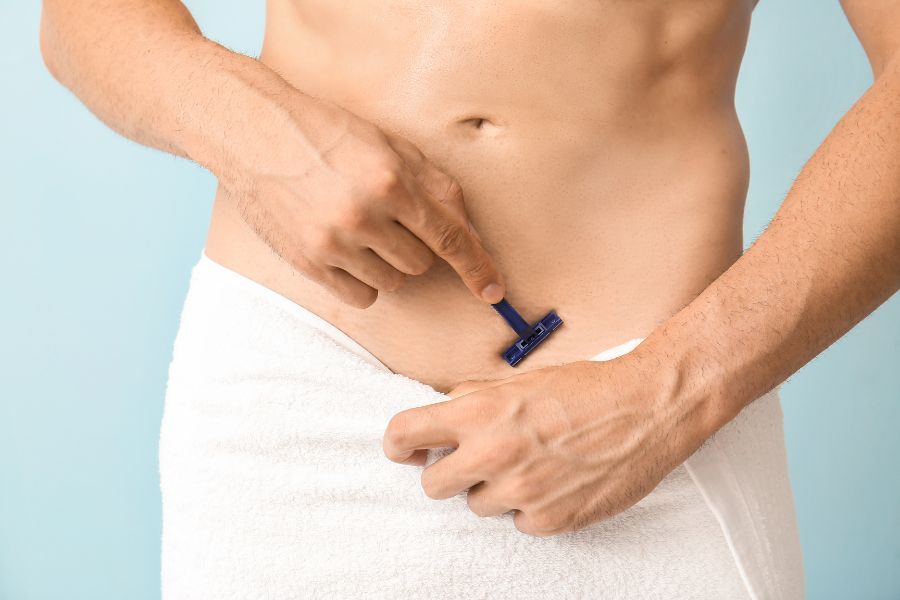
You can use 4 standard methods to groom your pubic hair:
1) Shaving: To shave your penis hair, you can follow these steps:
- Trim the hair with scissors or clippers to a manageable length before shaving.
- Soften the skin with warm water.
- Apply shaving cream or gel to the area.
- Shave in the direction of hair growth using a sharp and clean razor.
- Rinse with cool water and pat dry.
- Apply an after-shave lotion to soothe the skin.
2) Waxing or threading: To remove hair using waxing or threading, you can:
- Trim the hair to a manageable length.
- Apply a pre-waxing lotion to the area to prepare the skin.
- Warm the wax to a suitable temperature and apply it to the area using a spatula.
- Place a strip of cloth on top of the wax and quickly pull it off in the opposite direction of hair growth.
- Repeat the process until all the hair has been removed.
- Soothe the skin with a cooling lotion.
3) Chemical hair removal: Chemical hair removal involves using a product that contains an active ingredient that dissolves the hair. To use chemical hair removal, you can:
- Read the product instructions carefully before use.
- Apply the product to the area and leave it on for the recommended time.
- Remove the product with a damp cloth.
- Rinse the area with cool water and pat dry.
4) Trimming: To trim your penis hair, you can:
- Choose a pair of sharp scissors or clippers.
- Trim the hair to your desired length.
- Use a comb to help guide the hair as you trim.
- Repeat the process until you are satisfied with the length of the hair.
Regardless of your chosen method, it’s important to be gentle and avoid harsh or rough handling, which can cause skin irritation and reduce sensitivity over time. If you have any concerns or questions, it’s always best to consult a healthcare professional.
Prevention Of Skin Irritation And Infection
In addition to good hygiene practices, there are steps you can take to reduce the risk of skin irritation and infection:
- Avoid tight-fitting clothing and restrictive devices. Too tight clothing can rub against the skin, causing irritation and chafing.
- Properly treat skin irritations and infections. If you experience redness, itching, or discharge, seek medical attention promptly.
- Practice safe sex to reduce the risk of sexually transmitted diseases.
Skin Conditions and How to Manage Them
While good hygiene practices can help prevent skin conditions, it’s still possible to experience issues like:
- Balanitis (inflammation of the foreskin)
- Thrush (candidal infection)
- Genital warts (caused by the human papillomavirus)
- Jock itch (fungal infection)
- Psoriasis (a chronic skin condition)
- Eczema (a chronic skin condition)
Skin conditions of the penis can be uncomfortable and embarrassing, but they can be managed with proper care. Following this article’s penis skin care tips, you can avoid such conditions.
If you experience any of these skin conditions, seek medical attention promptly. Your healthcare provider can provide a diagnosis and appropriate treatment plan.
What Affects Penis Health
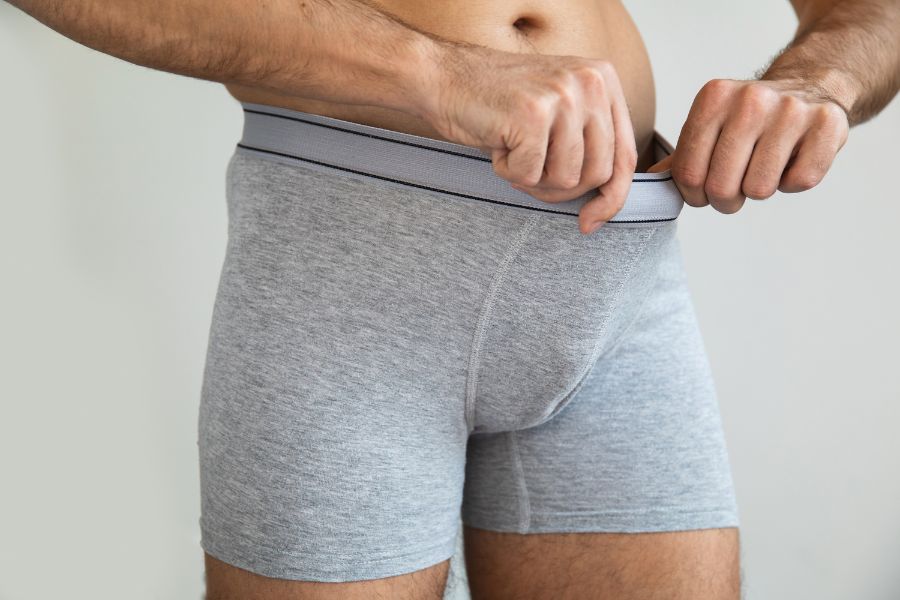
Hormones
Hormone levels play a crucial role in penis health. Hormones regulate various functions in the body, including sexual function and reproductive health. Some of the hormones that are important for penis health include:
- Testosterone: Testosterone is the primary male sex hormone responsible for developing male sexual characteristics, including the penis. Low testosterone levels can lead to erectile dysfunction, decreased libido, and other sexual problems.
- Dihydrotestosterone (DHT): DHT is a testosterone derivative vital for developing and maintaining the penis. High levels of DHT can cause conditions such as benign prostatic hyperplasia (BPH) and prostate cancer.
- Luteinizing hormone (LH): LH is a hormone that regulates testosterone production. Low levels of LH can lead to low testosterone levels and decreased sexual function.
- Follicle-stimulating hormone (FSH): FSH is a hormone that regulates sperm production. Low levels of FSH can lead to decreased sperm production and infertility.
Maintaining healthy hormone levels is essential for penis health. If you have concerns about your hormone levels, see a doctor for an evaluation and treatment.
Age
Age can have an impact on penis health. As men age, they may experience changes in penis function and sexual health. Some common changes include:
- Decreased testosterone levels: As men age, their testosterone levels may decline, leading to decreased sexual function, erectile dysfunction, and decreased libido.
- Decreased blood flow: The blood vessels in the penis can become less flexible and less able to deliver blood to the penis, leading to erectile dysfunction.
- Peyronie’s disease: Peyronie’s disease is a condition that causes the penis to curve and can occur more frequently in older men.
- Prostate problems: The prostate gland can enlarge as men age, leading to benign prostatic hyperplasia (BPH) and prostate cancer.
It is important for men to be aware of these changes and to take steps to maintain penis health as they age.
Underlying Health Conditions
Certain underlying health conditions can affect penis health, including:
- Diabetes: uncontrolled diabetes can lead to nerve damage and poor circulation, affecting penis health.
- Cardiovascular disease: poor circulation due to cardiovascular disease can affect penis health.
- Obesity: obesity can lead to poor circulation and affect penis health.
Hygiene
Poor hygiene can lead to an accumulation of smegma under the foreskin, which can cause a range of problems. Some of the potential consequences of smegma accumulation include:
- Irritation and itching: Smegma can cause itching and discomfort around the penis, especially if it is not washed regularly.
- Infections: Smegma can provide a breeding ground for bacteria and other pathogens, increasing the risk of infection.
- Odor: Smegma can produce a strong, unpleasant odor that can be difficult to eliminate.
- Balanitis: Balanitis is an inflammation of the head of the penis that can be caused by smegma accumulation.
To prevent smegma accumulation, it is important to practice good hygiene by washing the penis regularly, especially under the foreskin. Gently pulling back the foreskin and washing with soap and water can help to prevent smegma buildup and maintain penis health. If you experience any symptoms of smegma accumulation, you must see a doctor for an evaluation and treatment.
Medication
Certain medications can have side effects that can impact penis health. Some common medications that can have an effect on the penis include:
- Antidepressants: Some antidepressants can cause sexual side effects such as decreased libido, erectile dysfunction, and delayed ejaculation.
- Blood pressure medications: Some medications can cause erectile dysfunction, decreased libido, and other sexual side effects.
- Anti-anxiety medications: Anti-anxiety medications can cause decreased libido, erectile dysfunction, and other sexual side effects.
- Hormonal medications: Hormonal medications can affect testosterone levels and other hormones important for sexual function and penis health.
It is essential to be aware of the potential side effects of any medications you are taking and to talk to your doctor if you experience any symptoms that may be related to your drugs. Your doctor may be able to adjust your medication regimen or recommend alternative treatments to help manage your symptoms and maintain penis health.
Sexual Habits
Unhealthy sexual practices can have a significant impact on penis health. Some of the most common actions that can be harmful to the penis include:
- Unprotected sex: Having unprotected sex can increase the risk of sexually transmitted infections (STIs), which can cause various problems, including pain, itching, and discharge.
- Excessive sexual activity: Over-engaging in sexual activity can cause physical trauma to the penis, leading to pain, soreness, and other symptoms.
- Masturbation with excessive force: Masturbating with excessive force can cause physical trauma to the penis, leading to pain, soreness, and other symptoms.
- Using harsh or abrasive products: Harsh or abrasive products, such as rough towels or rough toilet paper, can cause physical trauma to the penis, leading to pain, soreness, and other symptoms.
To maintain penis health, it is vital to engage in healthy sexual practices, such as using protection during sexual activity and avoiding excessive or rough sexual practices.
When To Seek Medical Help
It’s essential to seek medical help if you experience any of the following symptoms:
- Signs of an infected or irritated penis, such as redness, itching, or discharge.
- Persistent redness, itching, or discharge.
- Pain or discomfort during urination or sexual activity.
- Erectile dysfunction or other sexual health concerns.
Penis Related FAQs
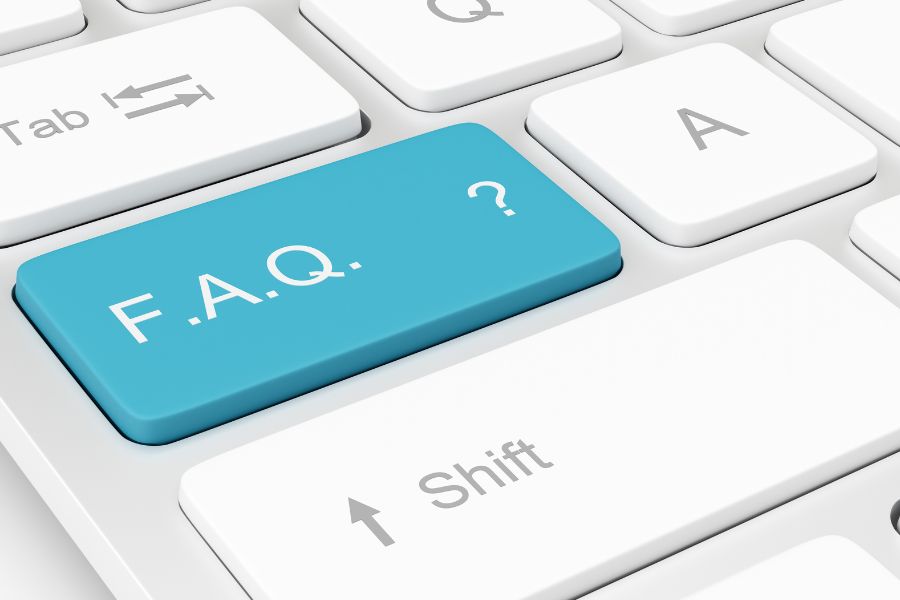
Is it relevant if you’ve been circumcised or not?
Circumcision refers to the surgical removal of the foreskin, the skin covering the head of the penis. Whether or not circumcision is necessary or beneficial from a penis health perspective is a matter of debate and personal preference.
From a health perspective, circumcision has been shown to reduce the risk of certain infections, such as urinary tract infections and sexually transmitted infections. Circumcision can also help prevent the accumulation of smegma, a substance that can build up under the foreskin and cause irritation, odor, and other problems.
On the other hand, circumcision can also cause certain risks and side effects, including pain, bleeding, infection, and reduced sexual sensitivity. Circumcision can also alter the appearance and function of the penis, and some people may find that circumcision affects their sexual pleasure or satisfaction.
Ultimately, the decision to undergo circumcision is a personal one that should be made in consultation with a doctor, taking into account individual health needs, lifestyle factors, and personal preferences.
Is it typical for your penis to curve or bend?
In most cases, a bend or curve in the penis is normal and does not affect sexual function or pleasure. The penis is naturally flexible and may bend or curve when erect, which is normal and nothing to be concerned about.
However, sometimes, the bend or curve in the penis can be more pronounced or cause pain or discomfort during intercourse. This can signify Peyronie’s disease, a condition where the tissue inside the penis becomes fibrous and forms a lump or plaque, causing the penis to bend or curve.
Peyronie’s disease can be caused by various factors, including injury to the penis, genetics, and aging. In some cases, the underlying cause is unknown. Peyronie’s disease can affect sexual function and cause emotional distress, so it is essential to seek medical attention if you are experiencing pain or discomfort during intercourse or have a noticeable bend or curve in your penis.
Treatment for Peyronie’s disease may include medication, surgery, or a combination of both, depending on the severity of the bend or curve and the impact on sexual function.
How can you keep your penis from becoming insensitive with age?
As men age, they may experience a decrease in penis sensitivity, which can impact sexual function and pleasure. To maintain penis sensitivity as you age, you can follow these tips:
- Practice good hygiene: Regularly washing the penis and keeping it clean can help prevent skin irritation and maintain sensitivity.
- Avoid excessive alcohol and tobacco use: Excessive alcohol and tobacco use can affect blood flow to the penis and reduce sensitivity.
- Avoid rough handling: Overly rough handling during sexual activity or masturbation can cause skin irritation and reduce sensitivity over time.
- Try new sexual techniques: Experimenting with different sexual techniques and positions can help maintain penis sensitivity and prevent boredom.
- Use a personal lubricant: Personal lubricants can help reduce friction during sexual activity and prevent skin irritation and dryness.
- Stay healthy: Maintaining a nutritious diet, engaging in physical activity, and reducing stress can improve overall health and maintain penis sensitivity.
It’s important to remember that sensitivity levels can vary from person to person and can be affected by various factors, including age, health, and lifestyle.
Conclusion
Penis health is about more than just STIs and ED. Good hygiene practices, lifestyle changes, and addressing any underlying health conditions can all play a role in maintaining penis health.
Maintaining good hygiene and preventing skin conditions are essential for penis health. Regular check-ups with a healthcare provider can help monitor penis health and ensure any issues are caught and treated early.
By taking steps to support penis health, you can help ensure that your penis remains healthy and functions optimally. Following the tips outlined in this article can help keep your penis healthy and functioning optimally.

